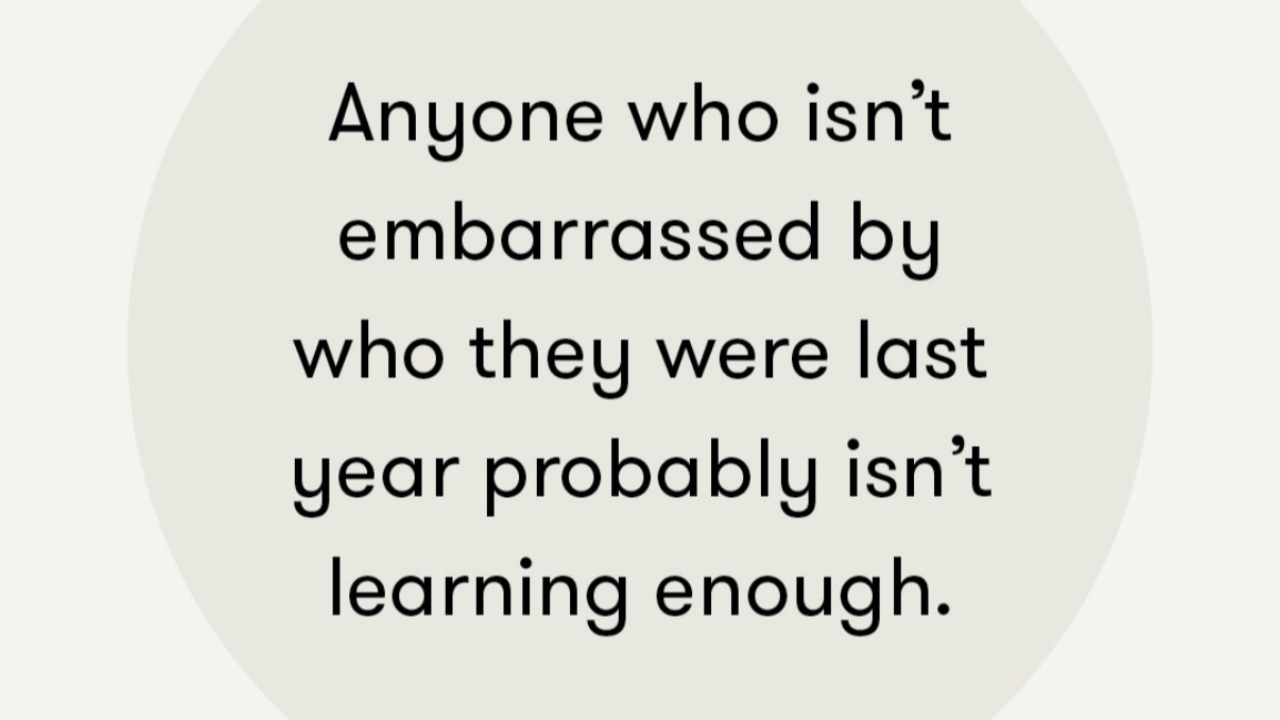Integration and Wholeness: Making Space for All of Who We Are
Why Wholeness Matters
Most people don’t need more goals. They need more coherence.
They know how to perform. They know how to over-function, overthink, or over-deliver. What they struggle with is bringing all parts of themselves into alignment so t...
Are Other People Struggling Too? Why We Want to Know We’re Not Alone

We Want to Know We’re Not Alone
Sometimes we don’t need advice. We don’t need a reframe. We just want to know: Is anyone else carrying this kind of weight, too?
Not because we want to compare pain—but because we want to stop feeling like our strugg...
When What You Want Isn’t What You Choose
Understanding Core Needs and Core Commitments
You say you want freedom. Or love. Or peace. But your choices tell a different story.
You keep overcommitting. You push love away. You chase goals that don’t really matter to you. You stay in dynamics t...
The Work of Integrating Anxiety
Not all anxiety needs to be “resolved.”
In many cases, anxiety is an intelligent strategy—one that once kept you functional, vigilant, productive, safe. But over time, it may begin to lose utility because your system has grown strong enough to tole...
When Anxiety Is the Messenger and When It’s the Mask
Not all anxiety is a problem to solve.
Sometimes it’s a signal. Other times, it’s a smokescreen.
The challenge is knowing when anxiety is pointing to something real—and when it’s blocking something deeper.
Anxiety can be a truth-teller or a ...
Why We Can’t Think Our Way Out of Anxiety
Anxiety is often misunderstood as a thinking problem:
Racing thoughts, irrational beliefs, catastrophic predictions. So we try to fix it with insight, convincing ourselves the worry is unfounded, reframing our thoughts, applying logic.
But anx...
Stress vs. Anxiety: Why the Difference Matters
Stress vs. Anxiety
These words get used interchangeably. But understanding the difference between stress and anxiety can change how you relate to your body, your thoughts, and your inner world.
Stress is situational. Anxiety is anticipatory. Stress...
High-Functioning Panic: When Anxiety Makes You Productive
When Anxiety Makes You Productive
Some anxiety gets rewarded. It looks like drive, perfectionism, responsiveness, ambition. In high-achieving contexts, it’s labeled as leadership, initiative, excellence.
But under the surface, high-functioning peop...
Anxiety Is Not Overthinking. It’s Overfeeling Without Contact
Overfeeling Without Contact
Most people think of anxiety as a thinking problem: too many thoughts, too fast, too overwhelming. But what looks like overthinking is often overfeeling that hasn’t found contact.
Anxiety becomes the dominant signal when...
Anxiety Is Not About the Future: It’s What You’re Not Ready to Feel
Anxiety isn't fear of the future. It's the mind’s way of buying time when the body isn't ready to feel what’s true.
Why People Say Anxiety Is “Future-Oriented”
This framing comes from cognitive psychology, especially Aaron Beck’s cognitive theory...